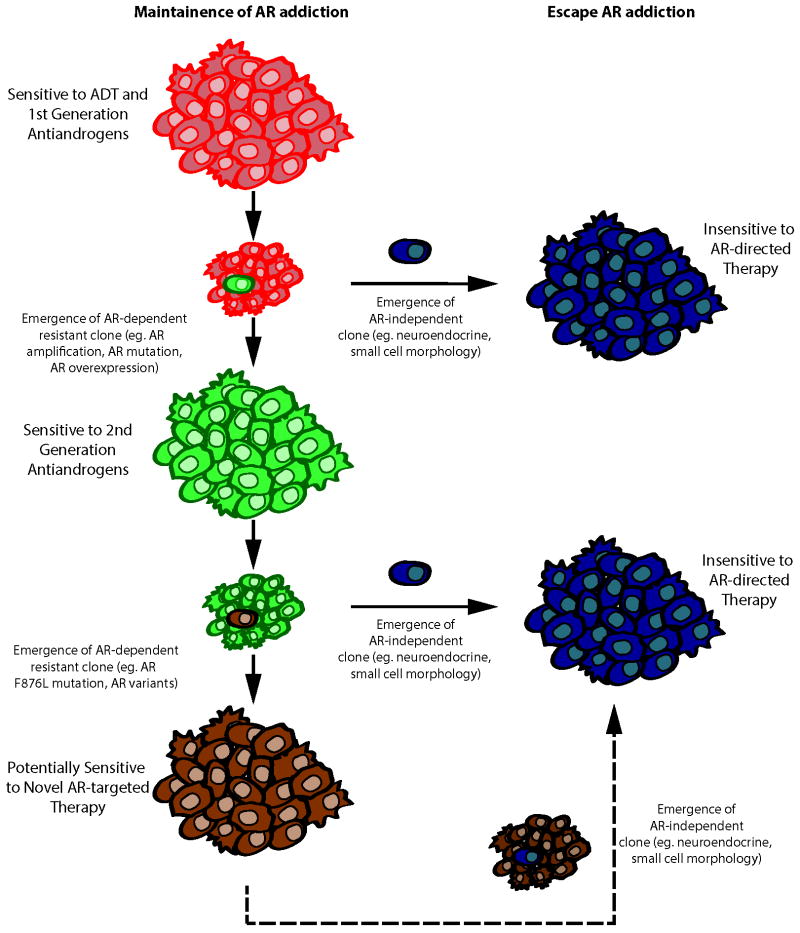Figure 1. Mechanisms of Resistance to AR-Directed Therapies.
Despite treatment with androgen deprivation therapy (ADT) or first generation anti-androgens, prostate cancers progress to castration-resistance, often with emergence of an AR-dependent resistant phenotype that is sensitive to treatment with second generation anti-androgens such as enzalutamide or ARN-509. However, AR-dependent resistance emerges again, this time driven by mutant AR. This tendency to maintain AR addiction will permit treatment with next generation AR antagonists. If prostate cancer clones appear at any time during disease progression that have escaped AR addiction, such treatments will prove ineffective.

